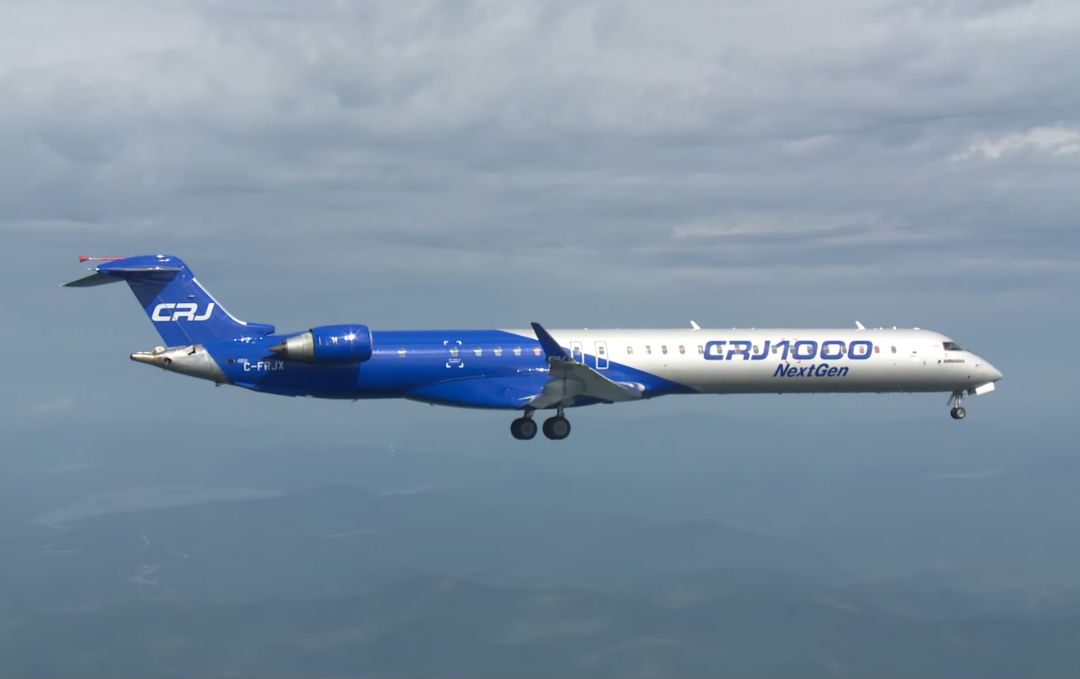Pre-Travel Checklist for First Time Travelers
First-time travel can be very stressful. There’s so much to do, so many phone calls to make, with airfare and hotel bookings, itinerary planning, immunization requirements, etc.
The good news is that travel-planning will become second nature to you the more you do it. The best advice is to listen to those who’ve done it before, rather than waiting til you’re standing before a foreign customs official without needed documents, or find yourself being soaked by a shady foreign shop owner charging abysmal exchange rates, etc.
Follow the checklist below to help ease your way into a positive travel experience:
Check for travel advisories for the country you plan to travel to
Always make sure you know what’s going on in the country or countries you’re traveling to. You won’t find a better resource than the U.S. Department of State travel warnings for all the latest going-ons in the international travel scene. Google will also be your friend here. Some countries are almost always trouble-free, while others can be tempestuous and fraught with trouble at any given time, with little or no warning.
Is your paperwork in order?
Make sure you have a valid passport and two forms of identification, just to be safe. This will also include proof of immunizations that may be required for you to travel to different countries. If you’re traveling with children, you’ll need their birth certificate to prove you’re their parents. If you’re traveling with children that are not yours, you’ll also need to show proof of your relationship with the parents. Learn more about what you’ll need when traveling with minors here.
Are any immunization shots required?
Many countries require you carry a Yellow Card for proof of vaccinations from dangerous diseases like yellow fever, influenza, malaria and others. Yellow fever is a huge concern in most countries. A simple layover or airport pass-through in a country where it occurs means you’ll have to be vaccinated before you’ll be permitted in most countries throughout Asia, Europe, Australia, the UK, and North America.
Medical travel insurance coverage
This is an absolute must. Back in the days of travel agents, new travelers were educated about the potential dangers and costs associated with even a simple sprained ankle in a foreign country. However, there are constant nightmare stories emerging constantly now about people getting stuck with medical bills in the thousands. Some costs, like a medical evacuation home can cost upwards of $100,000. A cost that you don’t want to get stuck with when something goes terribly wrong. Learn more about how to differentiate between different plans and also to read the fine print before you buy here.
Ensure you have documentation about your medications
Most of us know how fickle the TSA can be about medications — even those in official looking bottles. Most entry officials will accept an official prescription receipt, but it’s not worth taking a chance of being delayed or worse, denied entry by an unruly official. Ask your doctor to write you a signed letter on their office letterhead, describing the name or names of the medications you’re taking and for what condition.
Have an emergency plan
Namely, know where your nearest consulate is located and their phone number, in case you get into trouble. Consulates are there for your protection and are sanctuaries you can flee to when you need help. Read more about what your consulate can do for you here.
Is an international driver’s licence required?
A North American traveling abroad will rarely be able to rent or drive a car without an international driving permit anywhere outside Europe, Asia, or the UK. Austria, Bosnia-Herzegovina, Croatia, Greece, Hungary, Italy, Poland, Romania, Slovenia, and Spain all require an international permit.
Study the money
Finally, if you’re going to be using U.S. dollars, understand the exchange rates for the countries you’ll visit, to avoid over-paying. Consider carrying traveler’s checks or a credit card that offers reasonable exchange rates.

